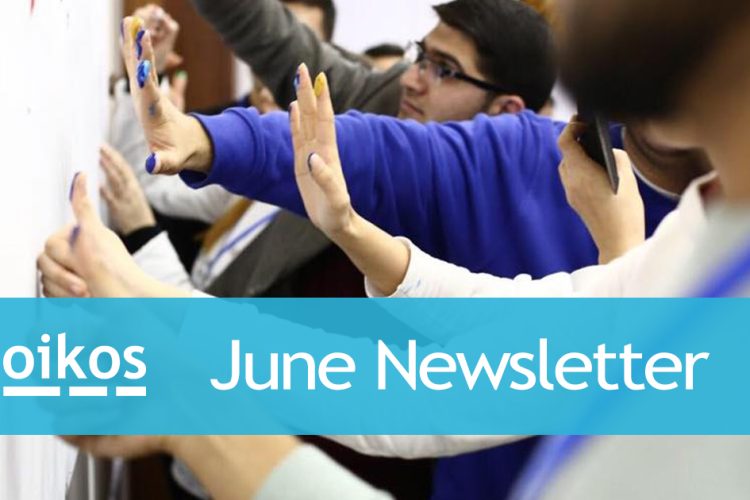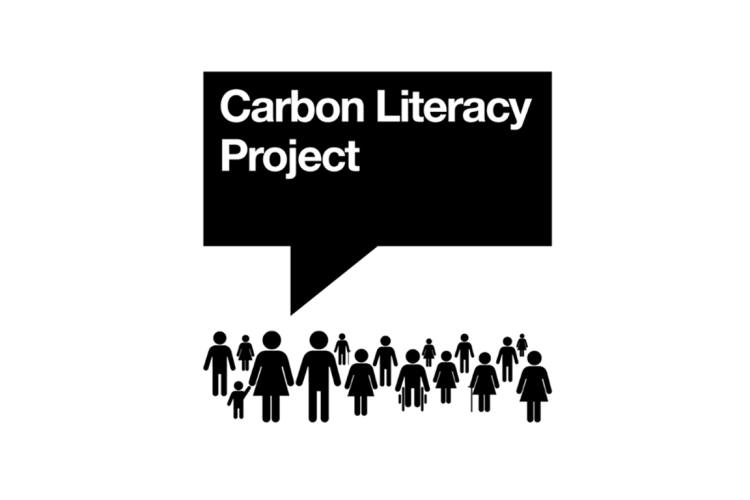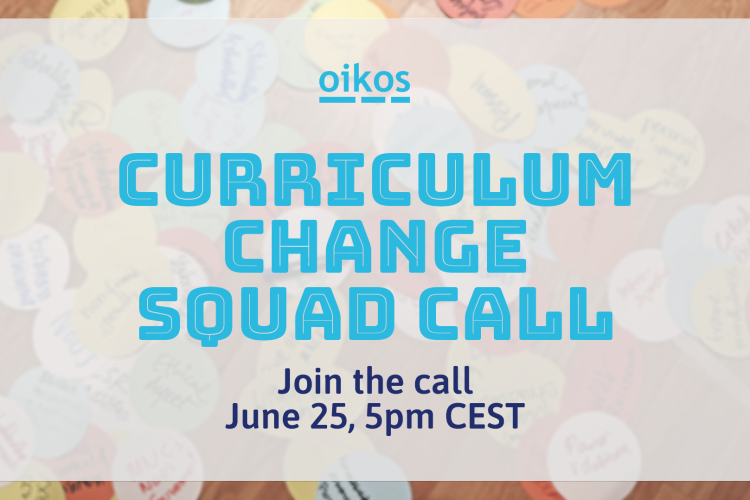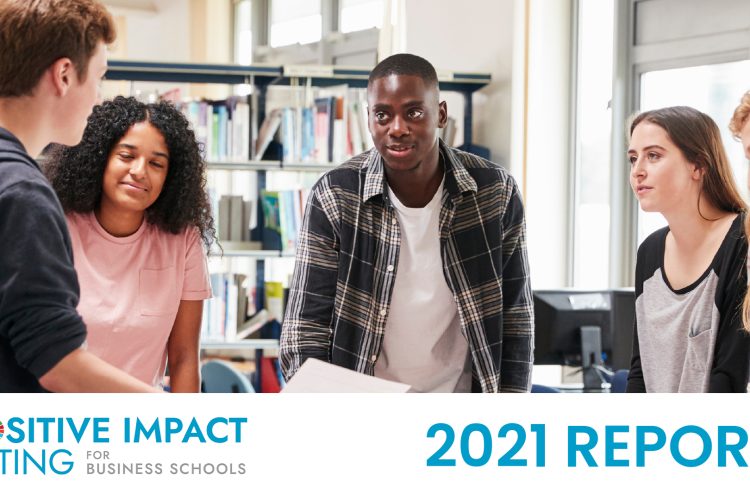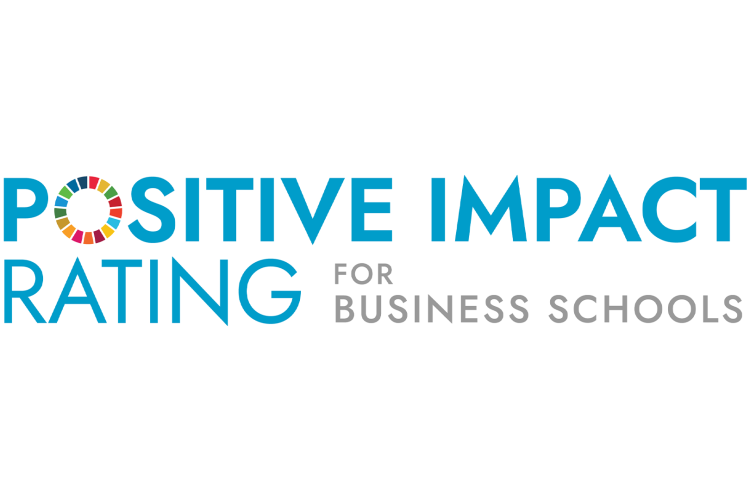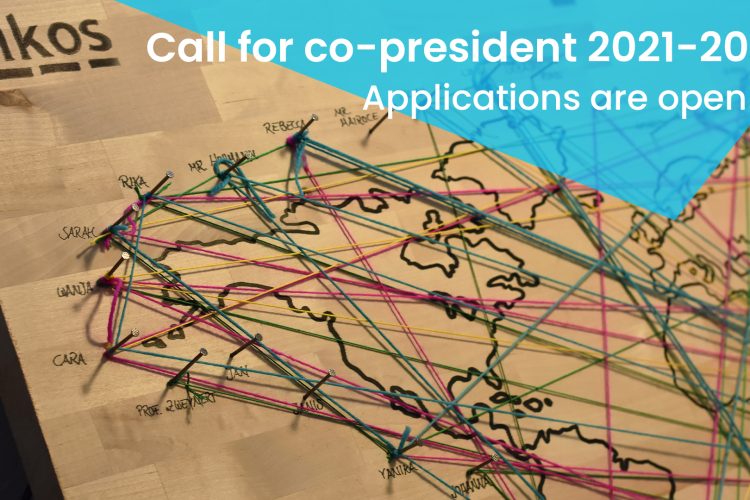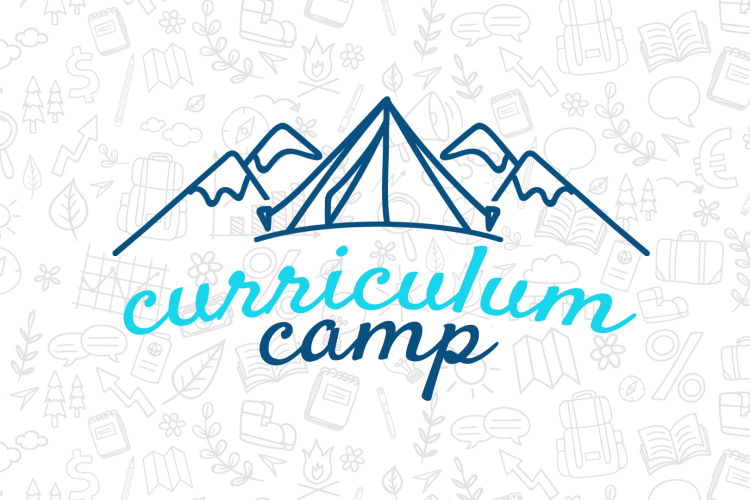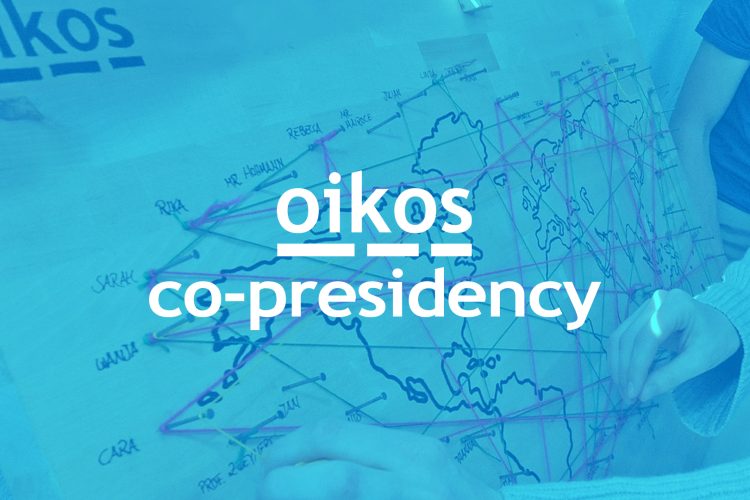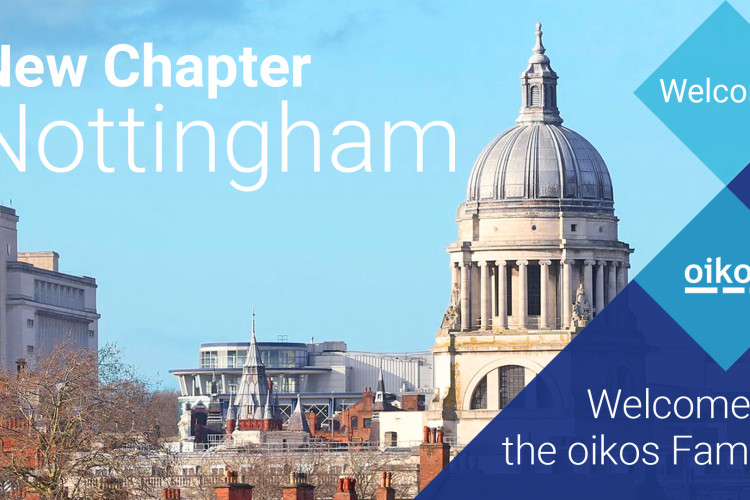Welcome to the June edition of our newsletter! As we wrap up the month behind us we take a look at the fruitful beginning of summer for the oikos...
In these times when the world as we knew it has undergone instantaneous change, there is no better time to focus on changes that will make the world a...
Join us for the June meeting of the Curriculum Change Squad which will take place on Friday 25th of June at 5 pm CEST. This month, the meeting will...
The Positive Impact Rating 2021 Report was launched at the virtual PRME Global Forum on 17 June 2021. The Positive Impact Rating supports fundamental change in the business school...
UN PRME Global Forum, virtually from New York, USA, June 17, 2021 The Positive Impact Rating 2021 Report was launched today at the UN PRME Global Forum. The social...
**The deadline for application was moved from 5 to 8 of August** This article is part of a series of articles on oikos Co-Presidency. Here you can find information...
The next meeting of the Degrowth Squad takes places this Thursday 17.06.21 6.30 pm CEST at the oikos Virtual Office The focus of our reading session will be an...
oikos International is hosting the first ever oikos Curriculum Camp! The event will be in person in Sestriere, Italy from approximately August 23 to 28th. What is it? Curriculum...
oikos was founded nearly 34 years ago as a Swiss association and over time there has been a lot of development & change work happening, both inside & outside...
We are delighted to announce that oikos Nottingham joined our big oikos family! Nottingham joins London and St. Andrews as the third oikos chapter in the United Kingdom. We...
- 1
- 2


